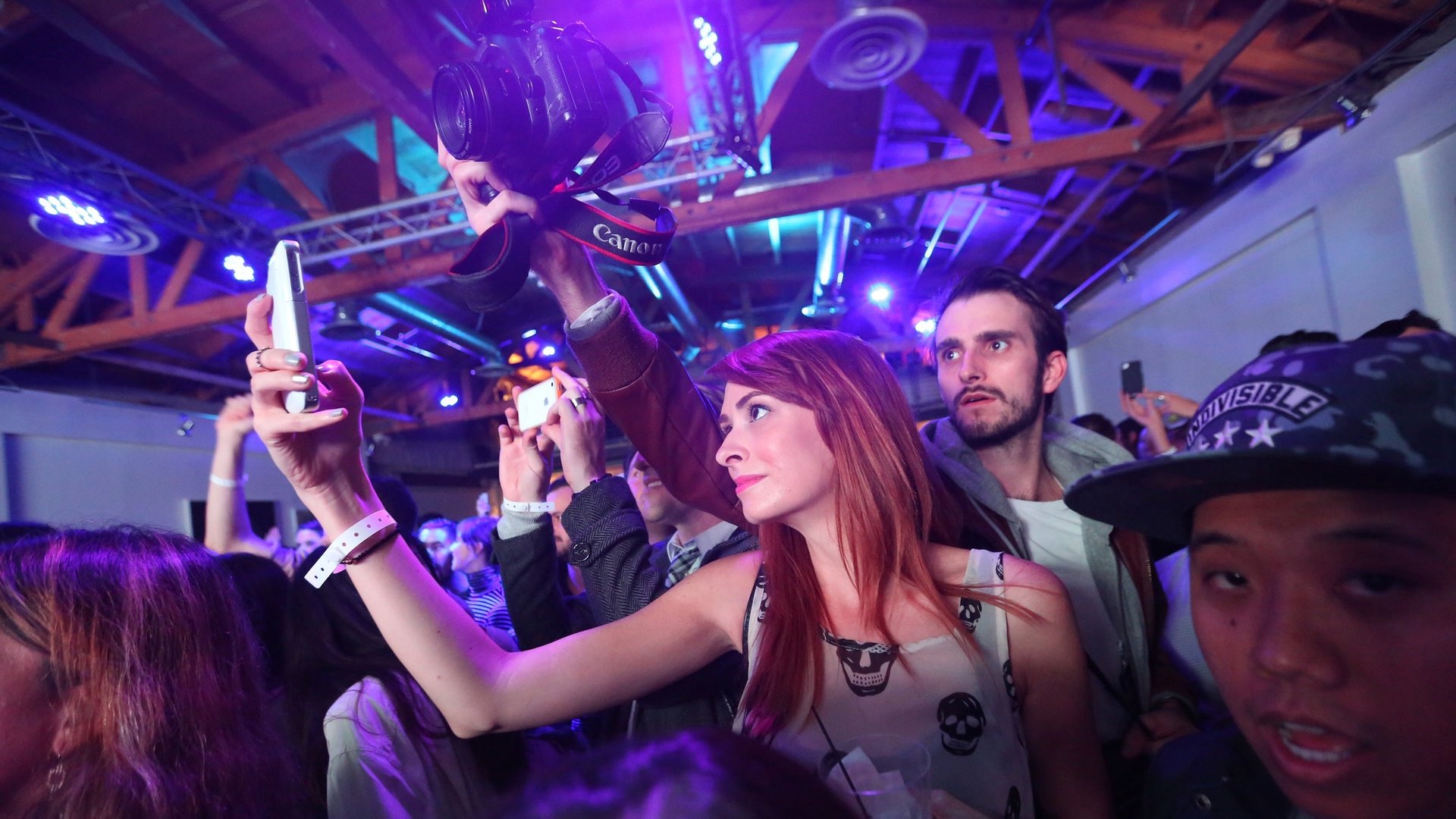Will Google Glass finally make doing this gauche?
If you’ve tried to look at something exciting in public lately, you may have noticed that there were some objects in the way. Maybe you were at a concert. Or perhaps it was your one chance in life to meet the president.
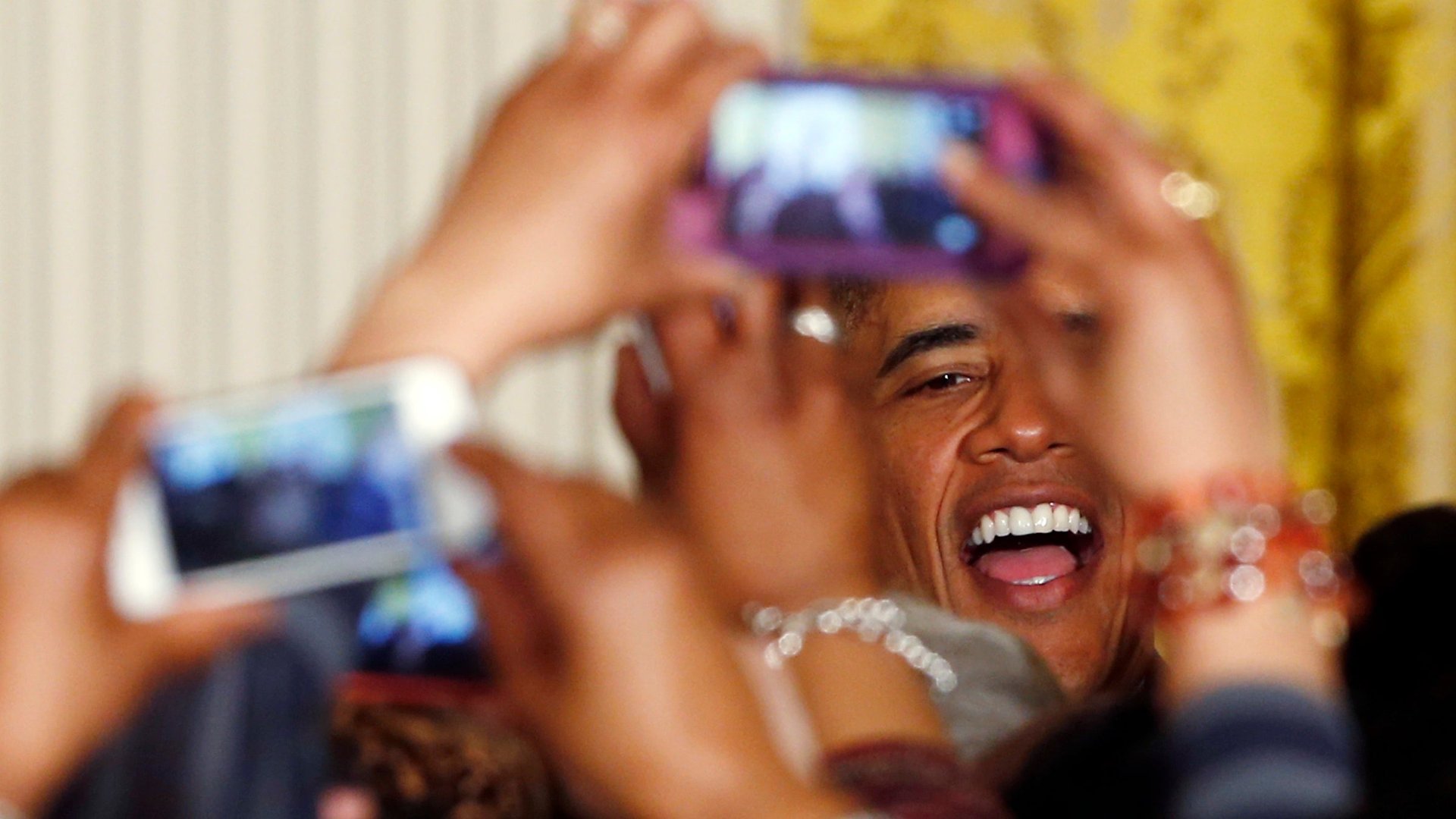

If you’ve tried to look at something exciting in public lately, you may have noticed that there were some objects in the way. Maybe you were at a concert. Or perhaps it was your one chance in life to meet the president.
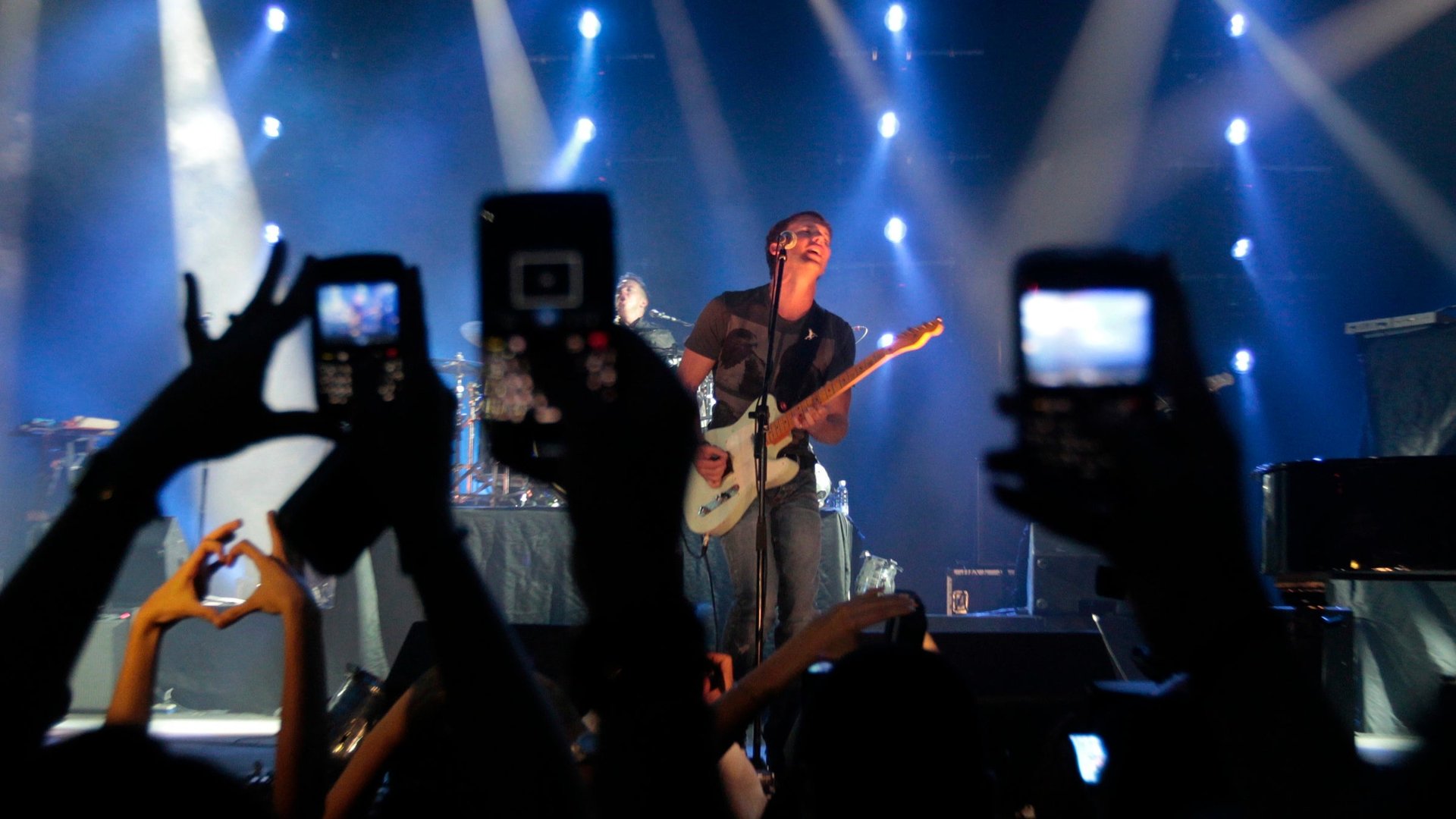
In a desperate race to capture every moment before our fallible memories are flushed down the toilet of eternity, we’ve become a race of obsessive self-documentarians. But we love our mobile devices so much that we accept the visual interruption of others’ devices. Worse, perhaps, is that we don’t hesitate to interrupt ourselves, snapping and uploading in the midst of what would otherwise be the most important and memorable moments of our lives.
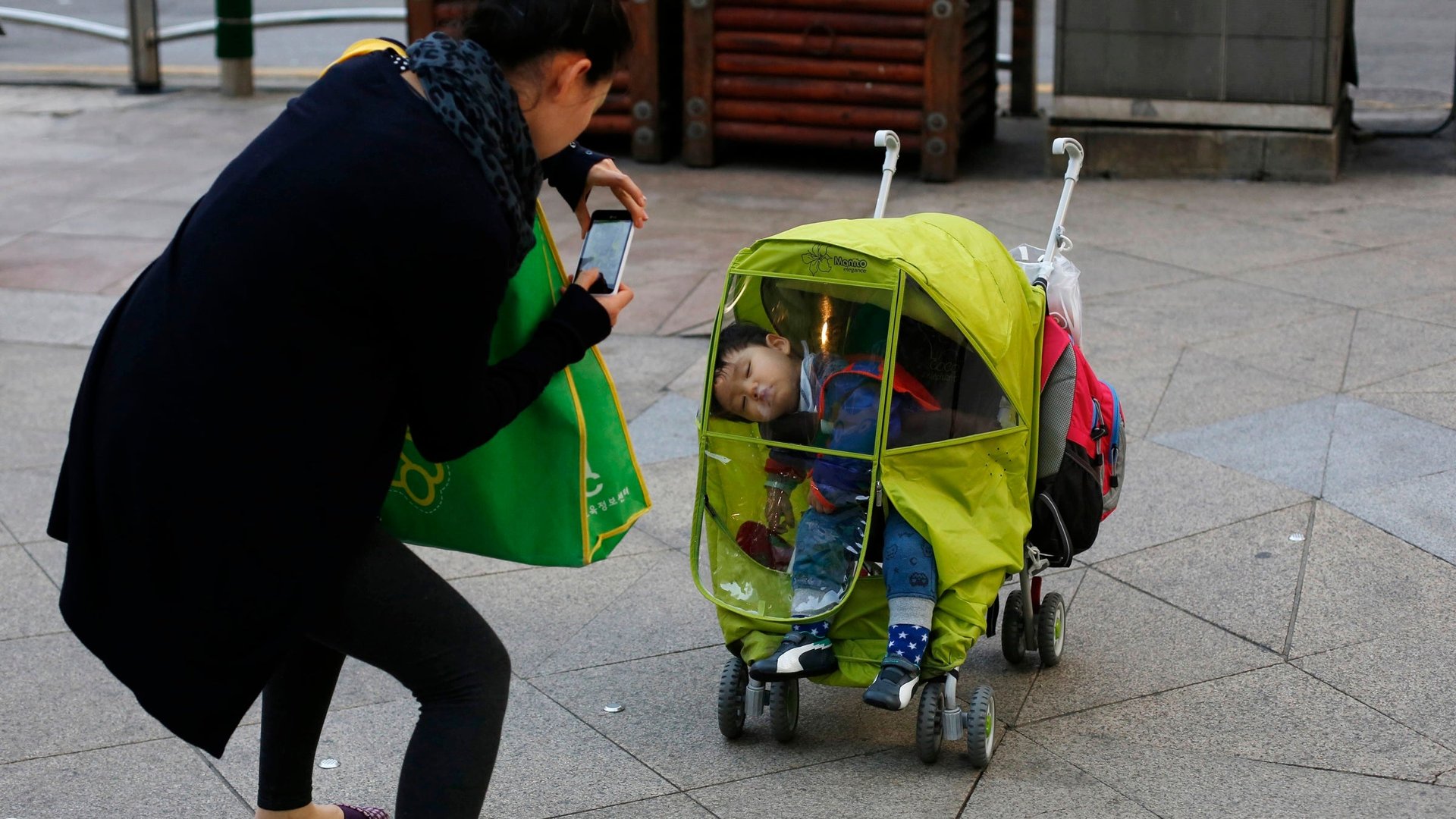
That we so readily accept this new, technologically-driven reality, and all that comes with it—an endless stream of pictures of meals and kids and pets and buildings and the weather—holds a lesson for the adoption of Google Glass.
Already, Google Glass has been banned in portions of Las Vegas and a bar in Seattle. In West Virginia lawmakers attempted to ban wearing Google Glass while driving. Privacy lawyers are salivating, the internet is filling up with decals you can affix to your business or person announcing that Glass is not welcome, and the ‘Privacy Caucas’ of the US Congress just sent Google CEO Larry Page a letter asking tough questions about Glass.
But is Google Glass so much worse than what we have now? Google hasn’t been that great at articulating this argument, but it’s clearly the one motivating both the company’s leaders and the Glass engineering team.
If we accept that our mobile devices are already so thoroughly attached to our person that we can use them to continuously track everything from how many calories we burn to our psychological state, is the placement of Google Glass on our faces really such a violation of collective social norms?
The argument in favor of the uniqueness of Google Glass is that having a camera permanently attached to our heads transforms society into an inescapable surveillance state. But take one look at how celebrities (and everyone else, for that matter) has turned the tables on the paparazzi, and it’s worth asking: aren’t we there already?
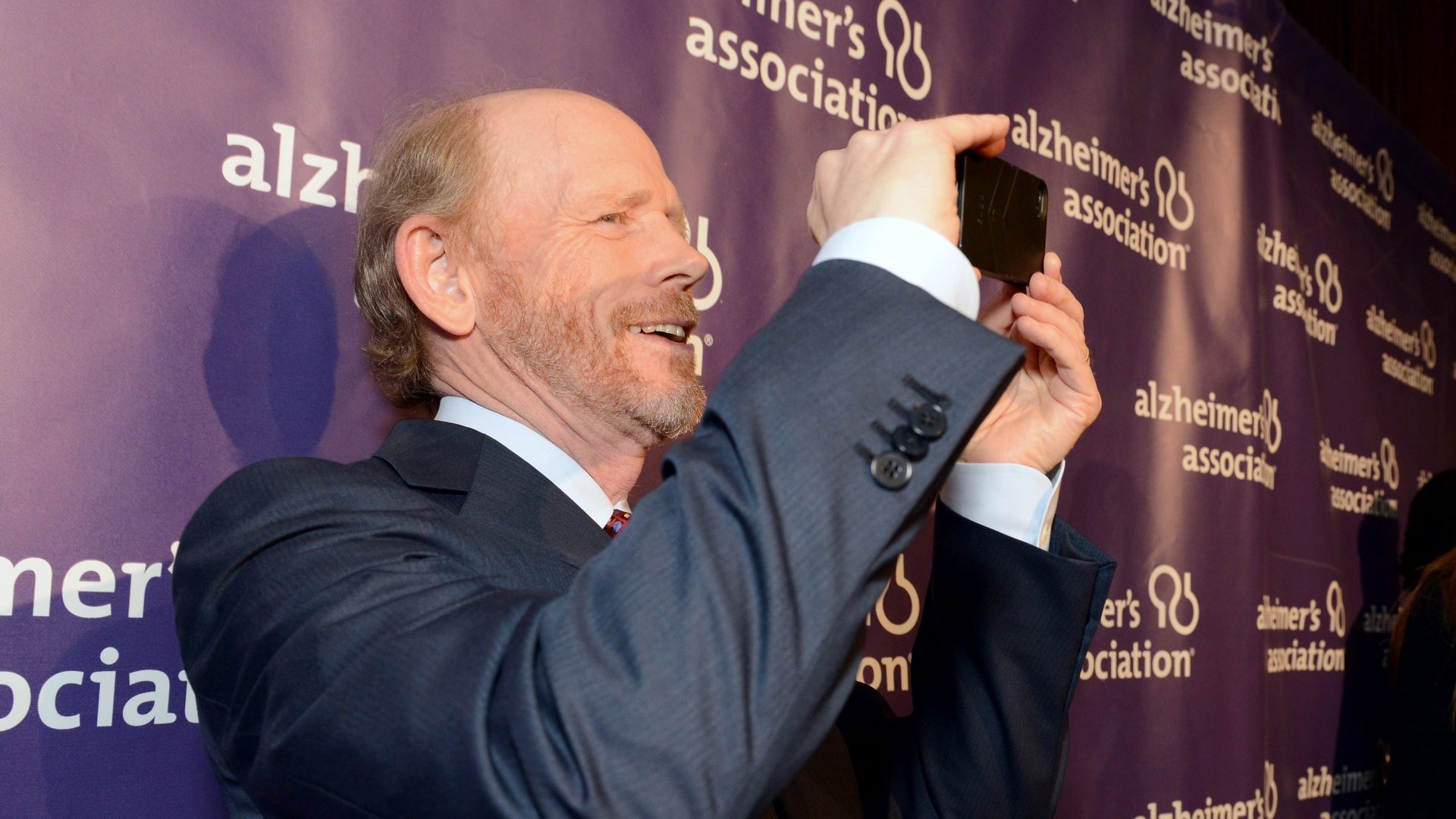
At the very least, in a world full of face-based mobile devices, our encounters with celebrities and novel real-world experiences will be recorded in a substantially less intrusive way.
